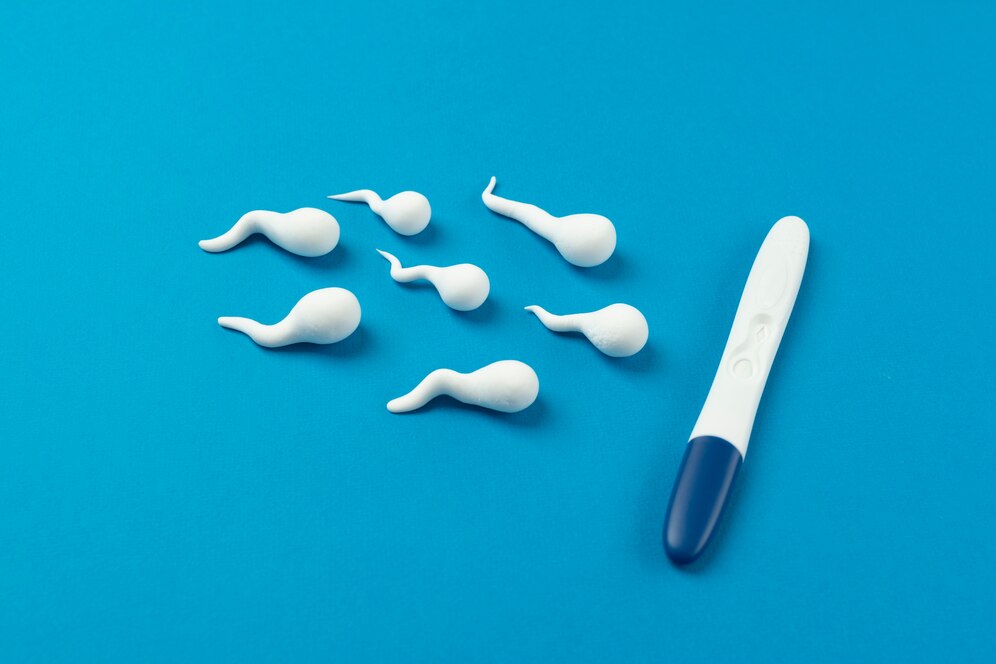
Male infertility
Male infertility refers to the inability of a man to achieve conception in a fertile female partner despite regular, unprotected sexual intercourse. It can be caused by various factors affecting sperm production, sperm motility, or sperm delivery. Here’s a detailed description:
Sperm Production Issues: One of the primary causes of male infertility is problems with sperm production. This can include low sperm count (oligospermia), where the number of sperm in semen is lower than normal, or complete absence of sperm (azoospermia). Sperm production issues can be due to hormonal imbalances, genetic factors, testicular injury, or certain medical conditions.
Sperm Quality: Even if sperm are produced in sufficient quantities, they must be of adequate quality to fertilize an egg. Issues with sperm quality may involve abnormal sperm shape (morphology), reduced sperm motility (movement), or poor sperm function. Abnormalities in sperm morphology and motility can impair the ability of sperm to reach and penetrate the egg.
Sperm Delivery Problems: Male infertility can also result from difficulties in delivering sperm into the female reproductive tract. This can occur due to structural abnormalities, such as blockages in the ejaculatory ducts or the vas deferens, preventing the sperm from being ejaculated during intercourse. Conditions like retrograde ejaculation, where semen is directed into the bladder instead of being expelled through the urethra, can also contribute to infertility.
Lifestyle and Environmental Factors: Certain lifestyle and environmental factors can impact male fertility. These include excessive alcohol consumption, tobacco smoking, drug use, obesity, exposure to toxins or pollutants, high levels of stress, and overheating of the testicles (e.g., from frequent hot tub use or wearing tight underwear).
Medical Conditions and Treatments: Various medical conditions can affect male fertility, including infections, sexually transmitted diseases (STDs), hormonal disorders (such as hypogonadism), diabetes, and autoimmune diseases. Additionally, treatments for conditions such as cancer (including chemotherapy and radiation therapy), as well as certain medications (e.g., anabolic steroids, antidepressants), can impair sperm production or function.
Age: While not as pronounced as in females, advanced paternal age can also affect fertility. As men age, sperm quantity and quality may decline, increasing the risk of infertility and genetic abnormalities in offspring.
Genetic Factors: Genetic abnormalities can play a significant role in male infertility. Conditions such as Klinefelter syndrome, Y chromosome deletions, and chromosomal anomalies can impact sperm production and function.

